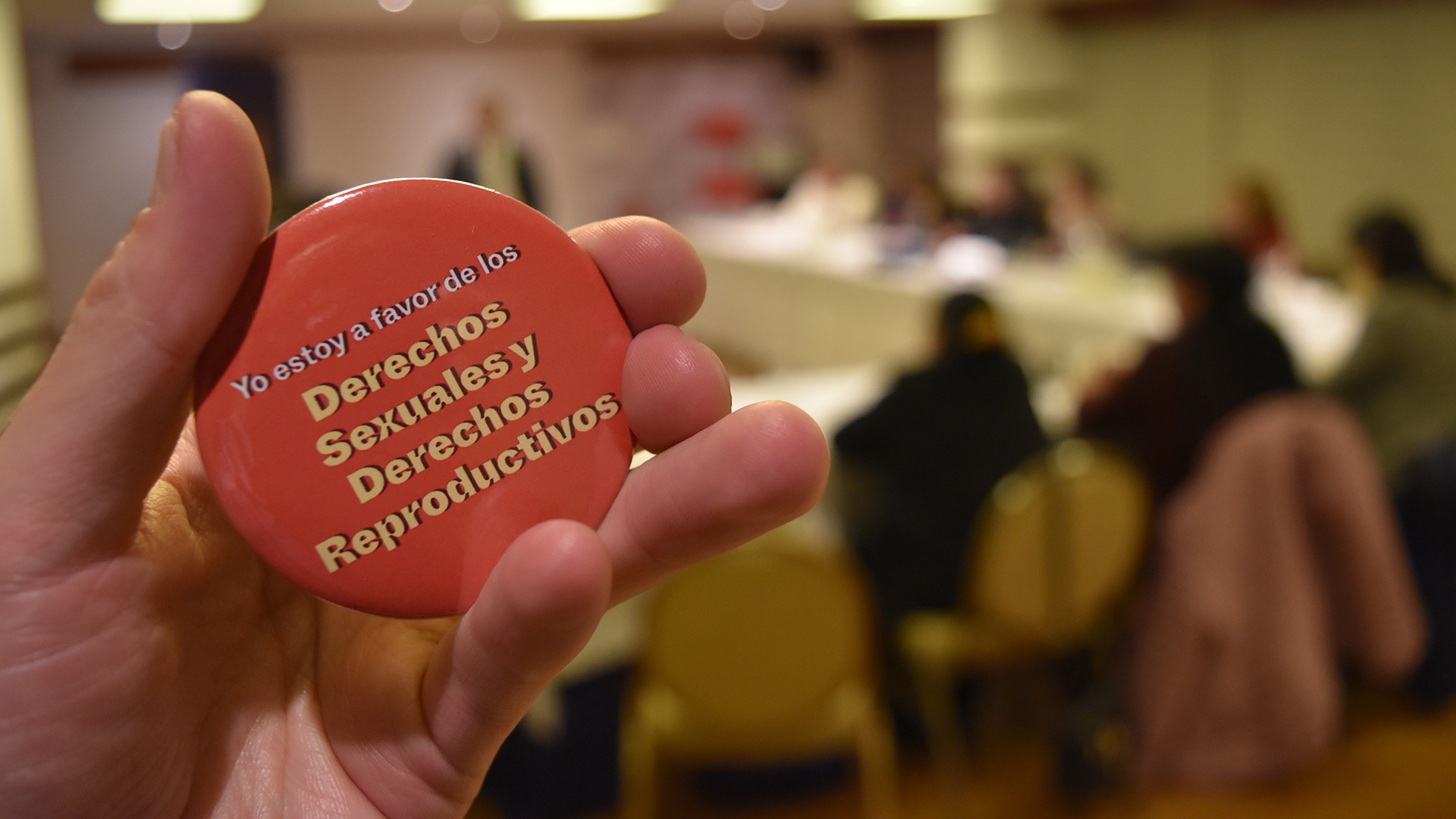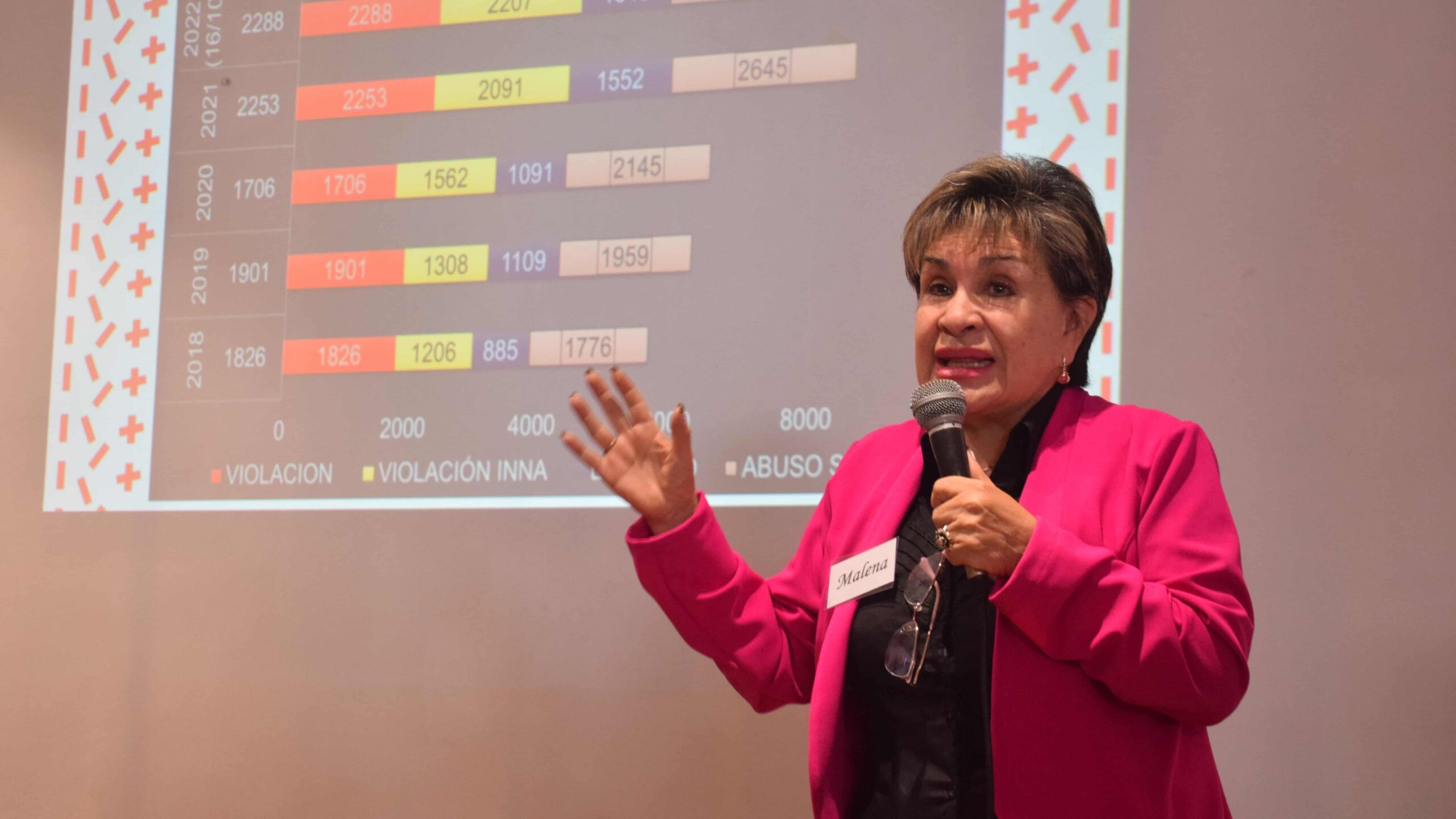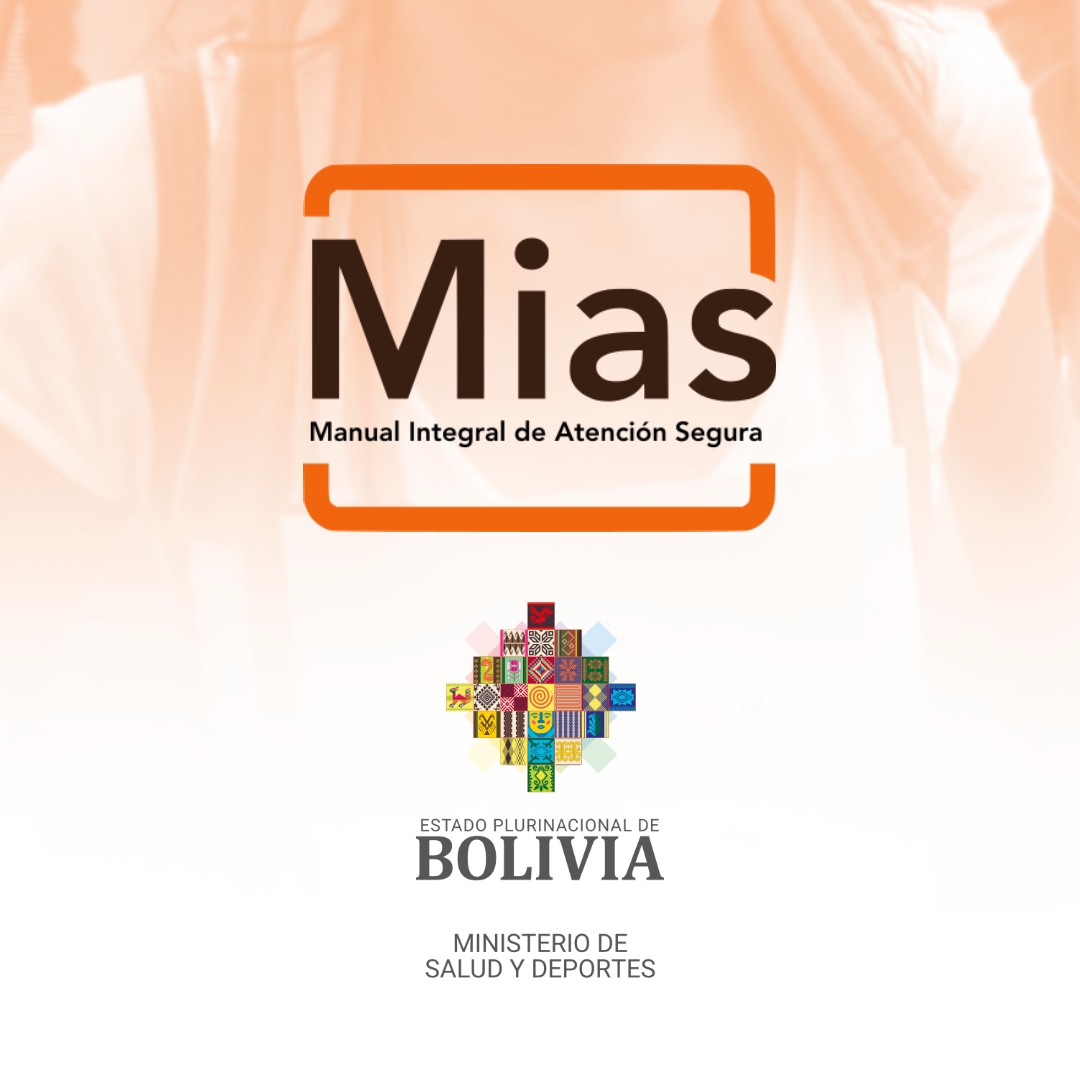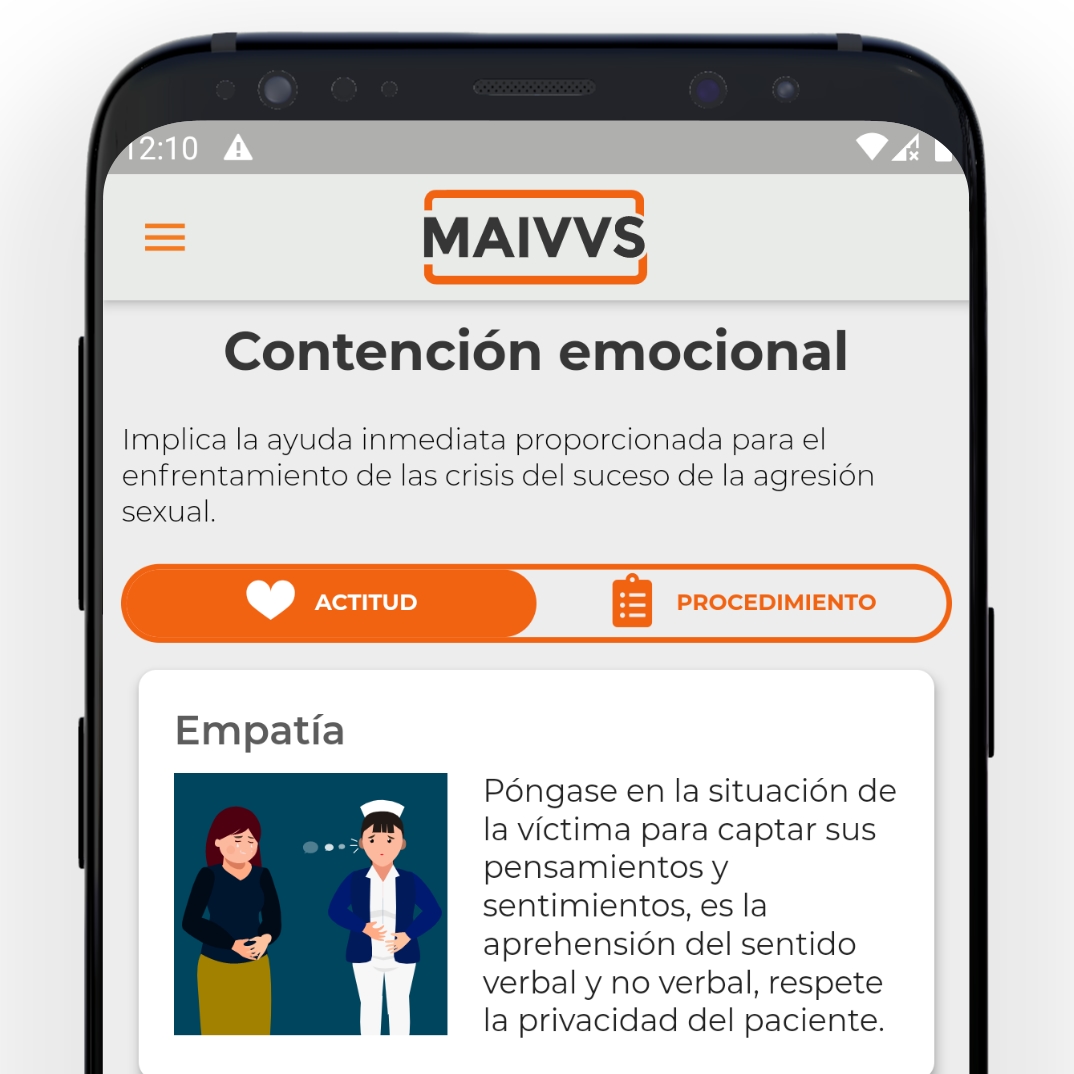The project that monitors access to the law in the country disseminated the results of 2022. Even so, there are still pending and concerns.
The national production and distribution of abortion drugs, and the 98% increase in the number of public health services that perform legal abortions (ILE) and voluntary terminations of pregnancy (IVE) are highlighted in the annual report of the Project Mirar project which, since the legalization of the practice in the country, monitors access to the right to abortion in Argentina.
The research reviewed positive aspects and identified pending issues of abortion policy “to guide the debate and decisions on what to sustain and what to improve in a country where there is still inequality in access and deficits in the quality of abortion care,” said the report, released this week and picked up by the public news agency Télam.
The Mirar Project’s initiative “Annual Report 2022: The Directions of Argentina’s Experience with Legal Abortion” is coordinated by the Center for the Study of State and Society (Cedes) and Ibis Reproductive Health, a global research and advocacy organization that promotes autonomy and respect for sexual and reproductive health.
The study also identified that “inequalities persist” in access to the right because there are provinces “that have reduced or maintained the number of services that perform abortions and the production of information on the results of the policy continues to be deficient despite the efforts made so far”.
Law 27,610 on access to IVE/ILE has been in force in Argentina since December 30, 2020.
In these two and a half years, the number of public services that perform the practice “increased by 98%” the report highlighted, a period in which the number of abortions performed in public health services “increased by a third”.
“Having information, analyzing it and sharing the conclusions is fundamental for citizen advocacy in public policies related to sexual and reproductive health, so that abortion remains on the political agenda,” reflected Mariana Romero, physician, researcher and executive director of Cedes.
According to the researchers, not all provinces produce management reports to report on the actions and results of the policy of access to abortion, which “is the accountability mechanism that the ministries of health of the provinces have and that allows them to show their commitment to be accountable for compliance with the law”.
For Mercedes Krause, sociologist and researcher of the initiative, “the policy continued to prioritize the provision of supplies, one of the pillars of access to abortion”,
In 2022, the State financed the acquisition of misoprostol, distributing 62,323 treatments, and the National Administration of Medicines, Food and Medical Technology (Anmat) authorized the production of mifepristone. Both drugs are those recommended by the World Health Organization for the practice.
As for the social works, “there is a gradual adaptation and a greater degree of compliance with the law,” according to the study.
In this sector, 4,966 benefits were reported in 2022 “although there is no systematized mechanism for them to report what has been done”.
In addition, the Mirar project inquired about media coverage of abortion.
According to this analysis, there is a decrease in the number of articles on abortion published by the print media along with a concentration of pro-choice content.
The main topic addressed by the press in 2022 was political expressions, which accounted for 32% of the total number of articles analyzed, while 20% talked about compliance with Law 27,610 in the healthcare system.
As a “worrying” fact, the investigation found “the presence of religious primers in some health services, which raises questions about the impartiality and neutrality that should prevail in access to voluntary termination of pregnancy”.
In this election year in Argentina, the researchers also prioritized the opinions of presidential pre-candidates who “advocate the repeal of the IVE/ILE law, generating uncertainty regarding the future of the progress achieved in terms of sexual, reproductive and non-reproductive rights in the country”.
The space led by Javier Milei, from La Libertad Avanza, is the one that has so far raised in the campaign the idea of repealing the law that guarantees access to legal and free abortion.
According to the report, “it is essential to make progress in identifying and addressing the regulatory and structural barriers that prevent the policy from continuing to consolidate”.
“We need to make the obligation of social security and prepaid medicine to inform about abortion services a reality and modify the regulation on the competencies of professional profiles (obstetricians and nurses) in order to broaden their competencies and, thus, increase access and improve the quality of care,” said Silvina Ramos, sociologist and member of the Mirar project.
One of the conclusions of the monitoring carried out by the Mirar project in these two years of implementation of Law 27,610 is that the abortion access policy generated “exemplary practices” in terms of design, implementation and evaluation, and the provision of health services.
“These lessons learned can be used in other health policies, thus contributing to the continuous improvement and strengthening of the health system as a whole,” said Agustina Ramón Michel, a lawyer and member of the project.
And they concluded: “Thousands of girls, adolescents, women and other pregnant women accessed safe abortion during 2022. However, challenges remain for abortion access policy to continue to contribute to the exercise of free and informed decisions about sexuality and reproductive capacity, closer to people’s daily lives and desires.”















